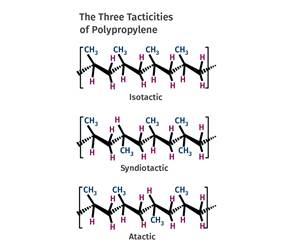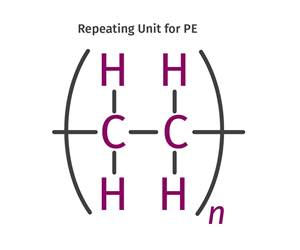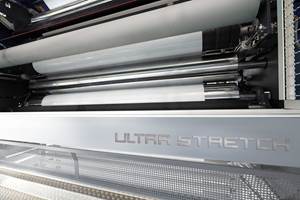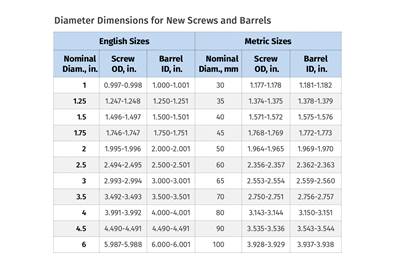Despite the huge size and importance of its market, the agricultural plastics sector doesn’t get the headlines like other areas in the industry. And when it comes to recycling, there’s a perception that agricultural plastics aren’t exactly preferred materials, due to a high level of contaminants and quite a bit of logistics involved. But not only is this area ripe for growth, one processor and recycler sees agricultural plastics recycling as a driving force in working toward a circular economy.
Headquartered in Little Rock, Ark., Revolution is both a recycler and a manufacturer of film, bags and tubing. It markets a wide array of products for the agricultural sector, which it then recovers, cleans and processes into post-consumer resin (PCR). The company closes the loop by using this PCR to manufacture the same agricultural products again, along with other products such as trash-can liners, carryout bags and construction films. The company recovers and reprocesses more than 150 million lb a year and can manufacture products containing up to 97% PCR.
The company was founded in the early 1980s and from the outset focused on collecting, recycling and reusing PCR from agricultural plastics.
“The origin of our business is that we can use this raw-material feedstock—ag plastics—which is very plentiful throughout the U.S. and the world, and we use this great feedstock to make another plastic material and plastic products that feature a high amount of post-consumer content to make greener plastics possible,” says Sean Whiteley, CEO of Revolution.
This is a company with plenty of moving parts. For instance, Revolution has two plants in Arkansas. Its plant in Little Rock, Ark., produces Delta Plastics tubing and Revolution Bag can liners that use an average of 70% PCR. Its location in Stuttgart, Ark., is dedicated to recycling operations--in fact, it’s one of the largest recyclers of heavily soiled and contaminated plastics in the U.S.
Since its start, the company has expanded into several different brands through organic growth and acquisitions. Besides Delta Plastics and Revolution Bag, these include Rodeo Plastics, an industrial plastic sheeting and bag manufacturer in Mesquite, Texas. A significant expansion came in 2018, when the company acquired Command Packaging and Encore Recycling. Command Packaging in Los Angeles, is a manufacturer of sustainable plastic carryout bags for foodservice, grocery and retail markets. Encore Recycling in Salinas, Calif., is a manufacturer of PCR polyethylene film-grade resin and is now integrated into Revolution’s recycling unit. Encore’s recycling facility provides Command Packaging with the material used in its bags and is the largest agricultural plastics collection operation in California.
This past October, Revolution acquired Pak-Sher, a carry-out bag manufacture in Kilgore, Texas, which will now be incorporated into Revolution’s Command Packaging brand.
“The key theme and underlying premise in every strategic business decision we made is based on a closed-loop model,” Whiteley says. “We want businesses that believe in closed-loop and believe in recycling. And we use our expertise in recycling technology and post-consumer resin to provide green solutions to consumers and communities.”
The Process
The two primary Revolution locations for recycling used and dirty ag film is at Encore’s 125,000-ft2 Salinas facility, which has been running since 2014, and Revolution’s Stuttgart facility, in operation since the beginning of the original business almost 30 years ago.
There are several steps in Revolution’s recycling process: the actual collection of used plastic material; washing the collected material; converting plastic flake to pellet; and then manufacturing new finished goods. For Revolution, collection is absolutely the key to producing high-quality PCR. Revolution provides on-farm pickup service to dairies, growers, almond hullers and other ag-related firms to collect film across the country.
“The key theme and underlying premise in every strategic business decision we made is based on a closed-loop model.”
Whiteley says that managing every segment is important to ensure a closed-loop system. It’s imperative for the company to control collection, as the cleaning of plastics starts at the location where it was used. When the company picks up scrap, it is typically a mixture of 60-70% dirt and 30-40% plastic. Its wash process removes all the dirt. The process of collection varies depending on the type of plastic and where in the country it is collected.
For instance, in the South, Revolution enlists its collection vehicles, which are specially built semi-trucks with a 40-ft dump bed in the back. These trucks feature a specialized knuckle-boom crane to load rolled-up film on farms. The trucks are purpose-built according to the plastic they pick up in that area.
In the upper Midwest, Revolution has about 5000 dumpsters located at farms and dairies. Those plastics collected tend to cover silos used to feed cattle. A fleet of front-loading trucks pick up plastic from the dumpsters and transport it to one of the company’s facilities for washing and pelletizing.
In California, Revolution uses knuckle-boom collection dump trucks like the ones in the South, but built a little differently as they are picking up other types of films such as drip film and solar film. The trucks pick up the plastic, shake off the dirt and place it into the trailer, where it will be taken for processing at the Salinas recycling facility. Revolution provides free pickup of agricultural plastics—mostly LDPE film or irrigation tubing—to more than 400 agricultural operations in California and is the largest agricultural plastic collector in the state.
“Regardless of the process of collection—the dumpsters or specialized collection trucks—we work with farmers on how to get plastic cleaner before they discard it,” Whiteley says. “This is a partnership with the farmer and an education process to make sure that recycling is as efficient as it can be. We are fortunate to have great farmers to make it all successful. We couldn’t do it without them—a lot of work on the recycling side relies on the willingness of the farmers to play an important part as well.”
The material is eventually taken back to either of the recycling facilities in California or Arkansas and goes through a proprietary reclaim process. Whiteley says they use equipment from several different manufacturers based in the U.S, Austria, Italy and Germany. He did not disclose specifics.
“We are using that equipment, which is configured and unique, in proprietary ways that allows us to get plastic very clean. It’s this system we have developed over 25 years that enables us to create a near-virgin-like PCR, which is why we can use it in many kinds of applications,” he says.
End-products include irrigation tubing and other agricultural products. On the industrial side, Revolution Bag can liners are produced with an average of 70% and up to 97% PCR. Rodeo Plastics manufactures film, sheet and bags for the construction and commercial supply industry. And for consumers, Command focuses on post-consumer packaging for retail, food service and grocery markets. The company services large brands such as Target, Chick-fil-A, McDonald’s, Del Taco, and grocery stores likes Smart & Final and Vons.
Brand Partnerships
One interesting recycling development with a brand owner involves the fast casual food chain Chipotle. That company has a goal of diverting 50% of its restaurant waste from landfills by 2020 and it conducted detailed waste audits to better understand its waste patterns. In doing so, the team learned that 95% of all gloves used in restaurants end up in a landfill. Upon discovering that the materials used in the gloves were the same as the recycled trash bags used in its restaurants, Chipotle partnered with Revolution to start a pilot program for upcycling its plastic gloves into trash bags. What started as a pilot in eight restaurants across Portland, Ore., is now expanding into 17 restaurants in Sacramento.
"If we truly want to be leaders in this space, we cannot just settle for the best available option," says Caitlin Leibert, director of sustainability at Chipotle. "There is no ‘one-size-fits-all’ solution for sustainability. We want to revolutionize the way people think about waste and the potential of everyday items like gloves and trash bags."
Chipotle partnered with Revolution to start a pilot program for upcycling its plastic gloves into trash bags.
Another example is Toro, a provider of outdoor equipment, which partnered with Revolution’s Command brand on a new drip-tape recycling service in California. “Recycling has become difficult for many growers because plastic recyclers in Asia have effectively closed their doors to foreign recycling,” says Ralf San Jose, director of marketing for Toro’s agricultural business. “This created a recycling challenge in the U.S. and other countries, making it nearly impossible for many growers to recycle their drip-irrigation plastic. Thanks to Toro’s new recycling service with Revolution, Toro growers in California now have a reliable and sustainable outlet for their used drip tape.”
Toro’s drip-tape recycling service is a part of a completely closed-loop production process. Rather than sending the plastic waste to a landfill, Revolution picks up the used drip tape, cleans it, and produces recycled PE resin. Toro then uses this recycled resin in other drip-irrigation products, ensuring sustainable and responsible environmental practices.
The Future
Despite an increased focus on recycling worldwide, there remain substantial challenges for the industry to overcome. But Whiteley believes that’s doable. “If you’re thoughtful and strategic, you can solve the problem,” he says. “That’s really what our closed-loop system seeks to solve. We don’t have issues using PCR in our manufacturing process because we work hard on the collection side to segment the material. So, we are making PCR that is of consistent quality and feedstock.”
“We are confident that the amount of post-consumer content will increase over time as demand continues to accelerate for post-consumer content in finished goods,” he says. “It will only continue to grow, and as a plastics industry, we need to be committed and answer the call to finding a solution. That’s what everyone at Revolution is focused on.”
Related Content
Fundamentals of Polyethylene – Part 5: Metallocenes
How the development of new catalysts—notably metallocenes—paved the way for the development of material grades never before possible.
Read MoreNew Entrant Heartland Polymers Stepping up as Reliable Supplier
Heartland Polymers’ new Alberta, Canada facility will produce 525 KTA propylene and 525 KTA polypropylene. It is expected to stabilize supply chains across the continent.
Read MoreThe Fundamentals of Polyethylene – Part 2: Density and Molecular Weight
PE properties can be adjusted either by changing the molecular weight or by altering the density. While this increases the possible combinations of properties, it also requires that the specification for the material be precise.
Read MoreThe Fundamentals of Polyethylene – Part 1: The Basics
You would think we’d know all there is to know about a material that was commercialized 80 years ago. Not so for polyethylene. Let’s start by brushing up on the basics.
Read MoreRead Next
How Polymer Melts in Single-Screw Extruders
Understanding how polymer melts in a single-screw extruder could help you optimize your screw design to eliminate defect-causing solid polymer fragments.
Read MoreTroubleshooting Screw and Barrel Wear in Extrusion
Extruder screws and barrels will wear over time. If you are seeing a reduction in specific rate and higher discharge temperatures, wear is the likely culprit.
Read MorePeople 4.0 – How to Get Buy-In from Your Staff for Industry 4.0 Systems
Implementing a production monitoring system as the foundation of a ‘smart factory’ is about integrating people with new technology as much as it is about integrating machines and computers. Here are tips from a company that has gone through the process.
Read More.png;maxWidth=970;quality=90)


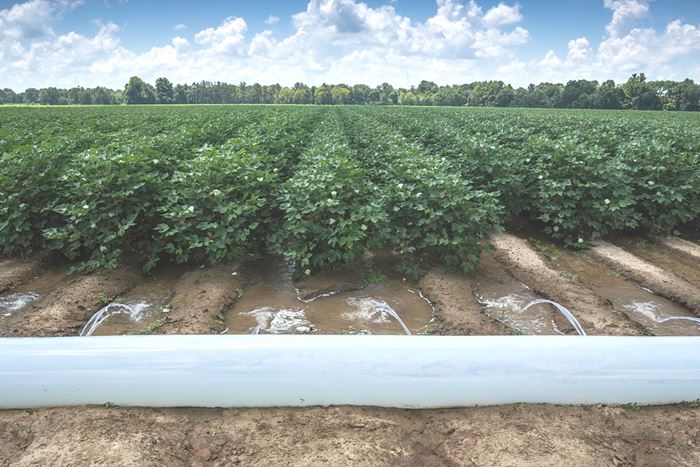
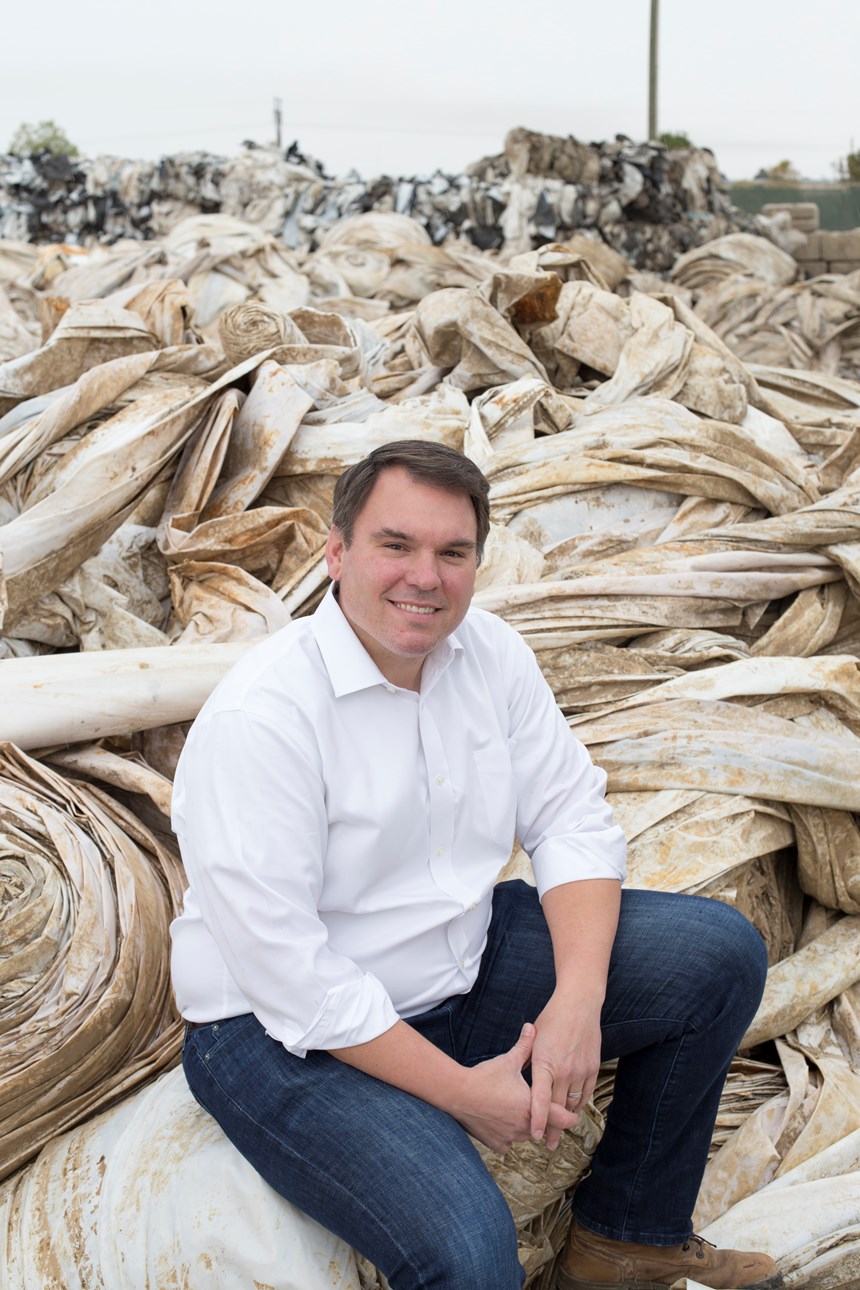
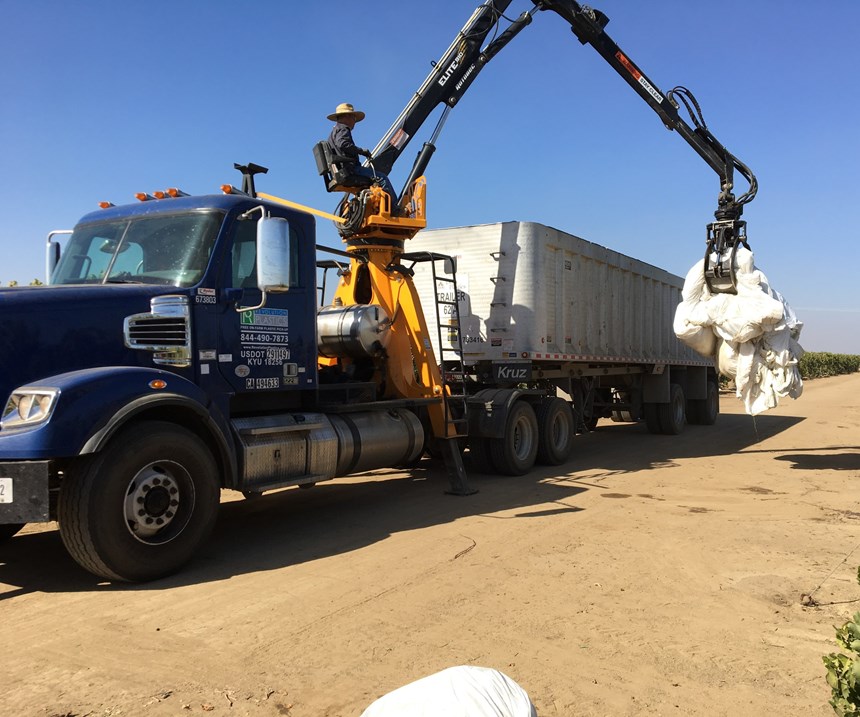

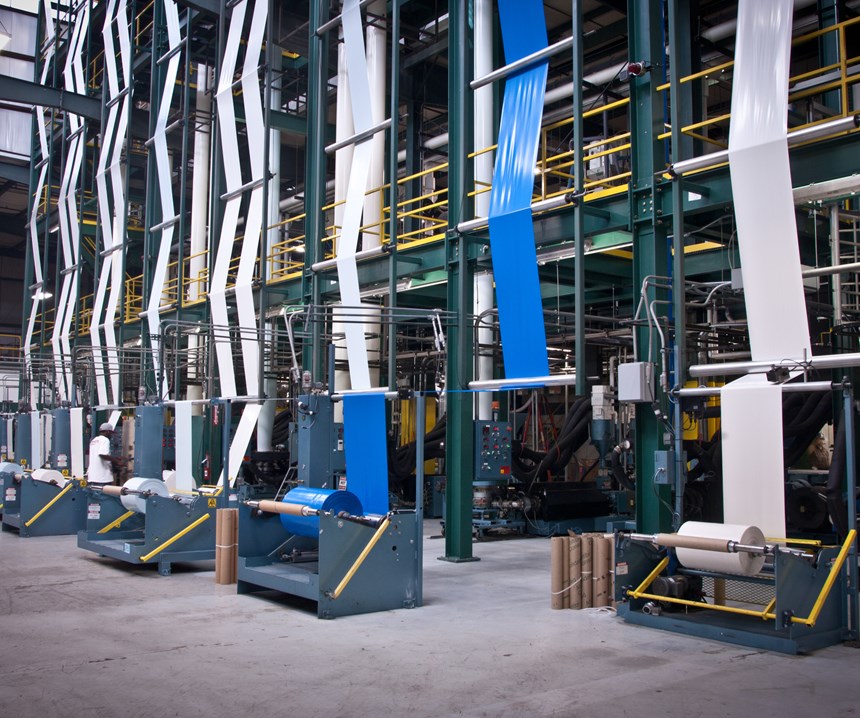
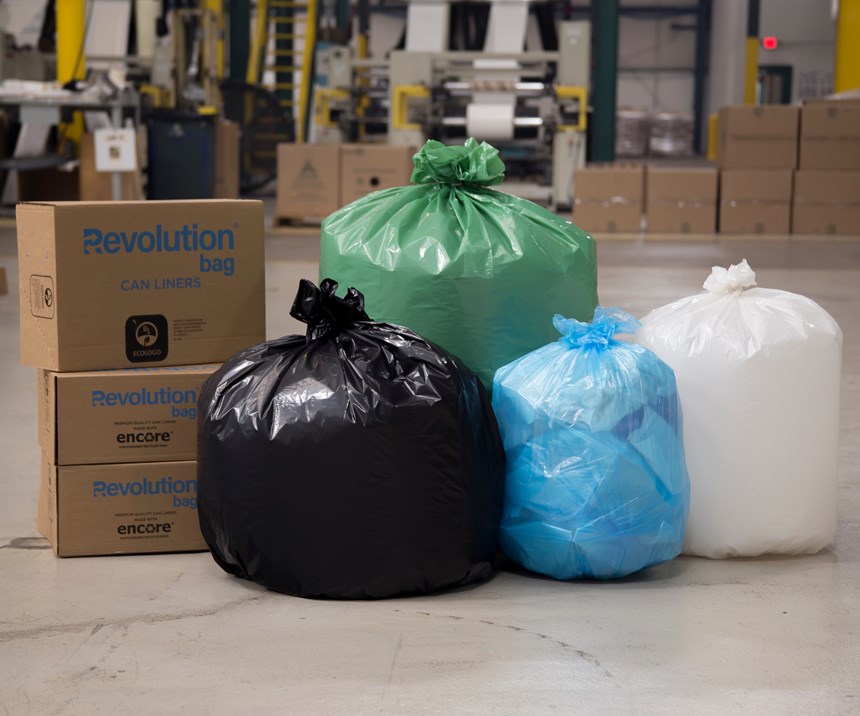












.png;maxWidth=300;quality=90)









